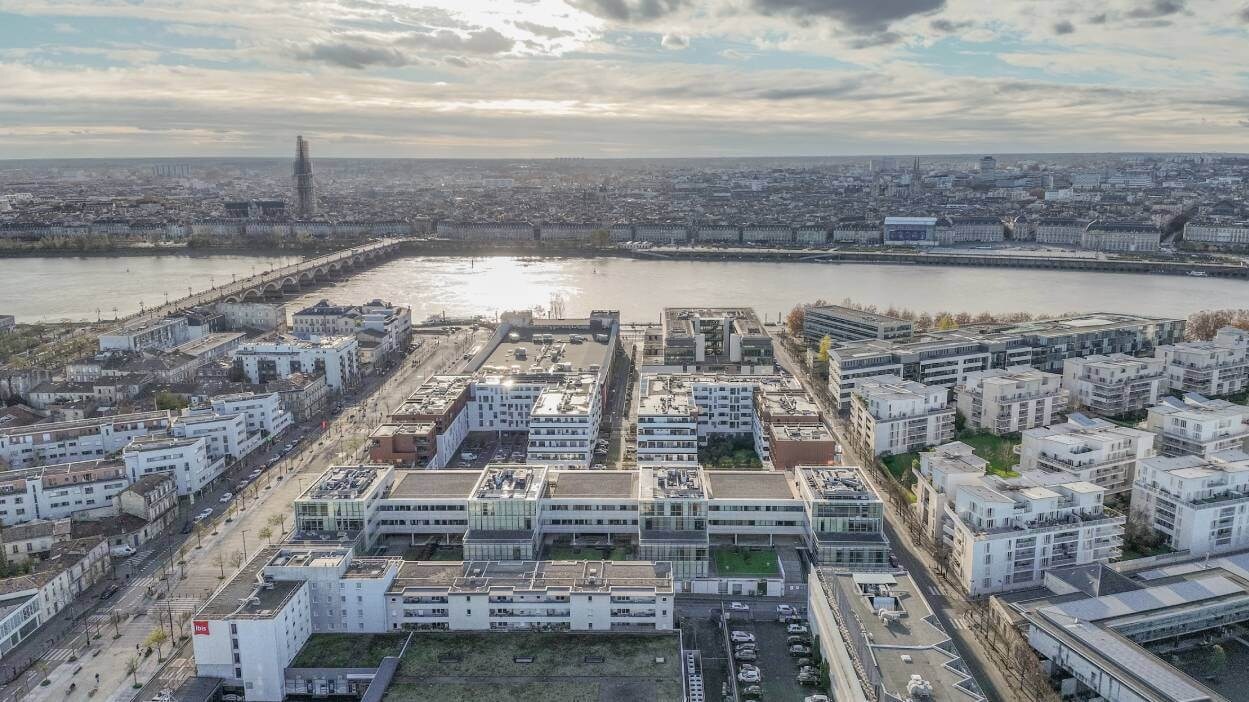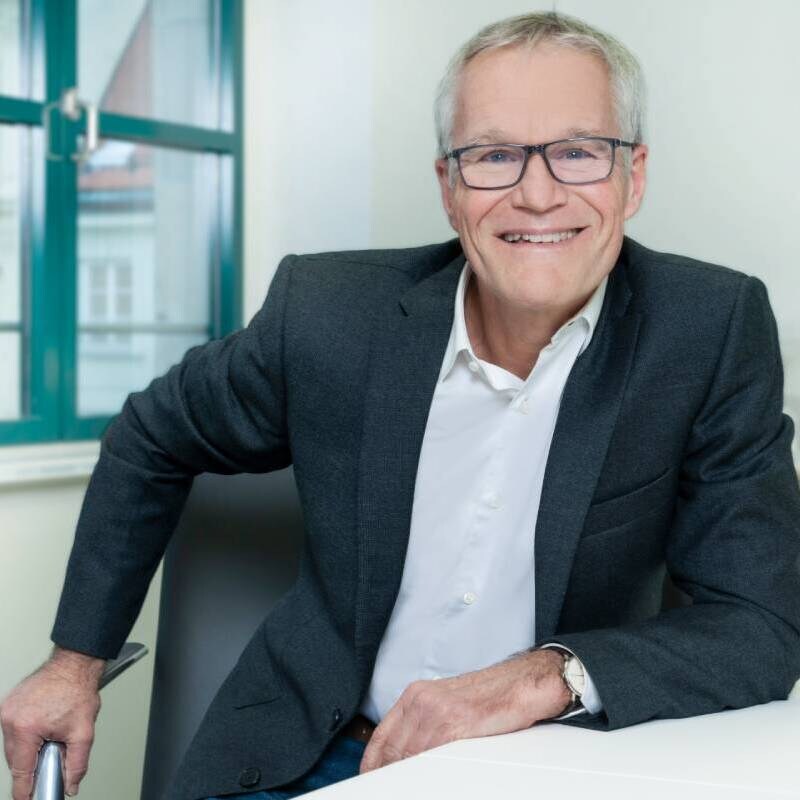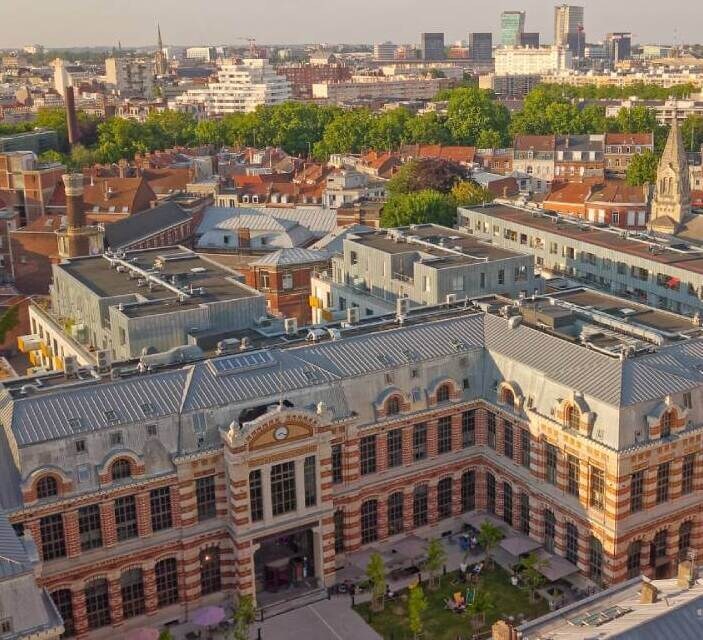France has been on an upward trajectory for years. The French economy has benefited from business-friendly policies that President Emmanuel Macron has promoted since he took office in 2017. He significantly lowered corporate taxes and liberalised the labour market, resulting in better key economic indicators in France than in the rest of Europe. Many experts believe that this positive trend will practically continue, even though the outcome of the early parliamentary elections remains uncertain.
The positive economic data from France is increasingly attracting investors from abroad. The auditing and consulting company EY counted the most projects initiated by foreign investors in an European country in France for the fourth year in 2023. 1,194 French projects, particularly in the automotive, agricultural, food and healthcare sectors, were initiated by foreign investors last year. By comparison, in Germany, which has a 45 percent larger economy, only 733 projects were initiated by foreign investors. France, it seems, is an investor's darling.

Vive la France - France's advantages as a business location
Economists explain the appeal of the Grande Nation not only with Macron's reforms. These were aimed at reducing corporate tax from 33 percent to 25 percent, taxing dividends at a flat rate of 30 percent and lowering labour costs. In addition, the state is now granting considerable tax breaks for investments, making the industry Macron wants to strengthen further and become more environmentally friendly. The French economy also benefits from comparatively low electricity prices. According to Eurostat, large consumers only pay 9 cents per kilowatt hour, compared to 22 cents in neighbouring Germany. Nuclear power accounts for around 70 percent of electricity generation in France.
Compared to many other countries, the French economy is broadly diversified, has a robust financial sector, a stable, efficient banking system and an attractive transport infrastructure, including the high-speed network of the French railway company SNCF, which is highly regarded worldwide.
The current €54 billion government funding programme 'France 2030' is also of great importance for investors. This programme promotes innovative projects in the future-oriented areas of artificial intelligence, ecology and quantum physics. The government wants to use this to drive reindustrialisation, i.e. to bring more production back to the country. A separate law promotes the establishment of environmentally friendly industries, which should significantly contribute to climate protection.
Paris is an attractive location for office, hotel and luxury retail property

Etienne Marcot, Head of France at AM ALPHA, emphasises the qualities of the French market for real estate investors. 'France is the third-largest investment market in Europe, and Paris is the second-largest property marketplace after London. At the same time, no other location in Europe has as much office space as Paris: 55 million square metres! And two million square metres of new office space are developed every year. This ensures that Paris has modern office space of excellent quality on average.' According to Marcot, the French capital is highly attractive for well-educated people who also appreciate a high quality of life.

Paris is also a hotspot for international tourism. This makes investments in hotel properties and luxury retail worthwhile. In addition to Paris, he named cities such as Lille, Lyon, and Marseille as important alternative locations. The advantage is that the net initial yields there are, on average, 100 basis points higher than in Paris.
France continues to grow - also thanks to a comparatively high birth rate
France stands out in Europe because its population continues to grow, albeit only slightly. There are currently 64.8 million people living in the country. In the next 20 years, this figure is expected to rise to over 66 million. Immigration only plays a minor role in this. The birth rate remains above the EU average despite declines in recent years. According to figures from the statistics institute Insee, France's birth rate per woman was 1.68 children in 2023. In 2010, the figure was still 2.03 children. The EU average is 1.5. In typical French fashion, President Macron has declared the demographic trend a top priority given the falling birth rate and is striving for, among other things, shorter but better-paid parental leave for mothers and fathers as well as more attractive conditions for parental allowance for higher-earning couples. Traditional family splitting should continue to favour couples with children in terms of tax.
Highlight 2024: the Summer Olympics in Paris
In summer 2024, the world looks to the capital city of Paris when the Olympic Games take place there. The Olympic Village, with around 2,800 flats in the neighbouring Seine-Saint-Denis department, expects 14,500 athletes. The project organiser is the public company Solideo, and the local companies Icade, Legendre Immobilier, Nexity and Vinci Immobilier have been secured as construction companies. France is taking environmental sustainability seriously with this project. The construction of the Olympic Village is expected to produce almost 50 percent less CO2 than conventional construction methods. Low CO2-emission concrete and the use of geothermal energy will contribute to this. France, therefore, not only has clear energy-saving paths for existing buildings in the service sector, as regulated in the Décret Tertiaire, but also the energy standard classes for residential buildings introduced in 2006. The Republic also takes sustainability seriously when an ambitious construction project for a world sporting event has to be completed on time.


